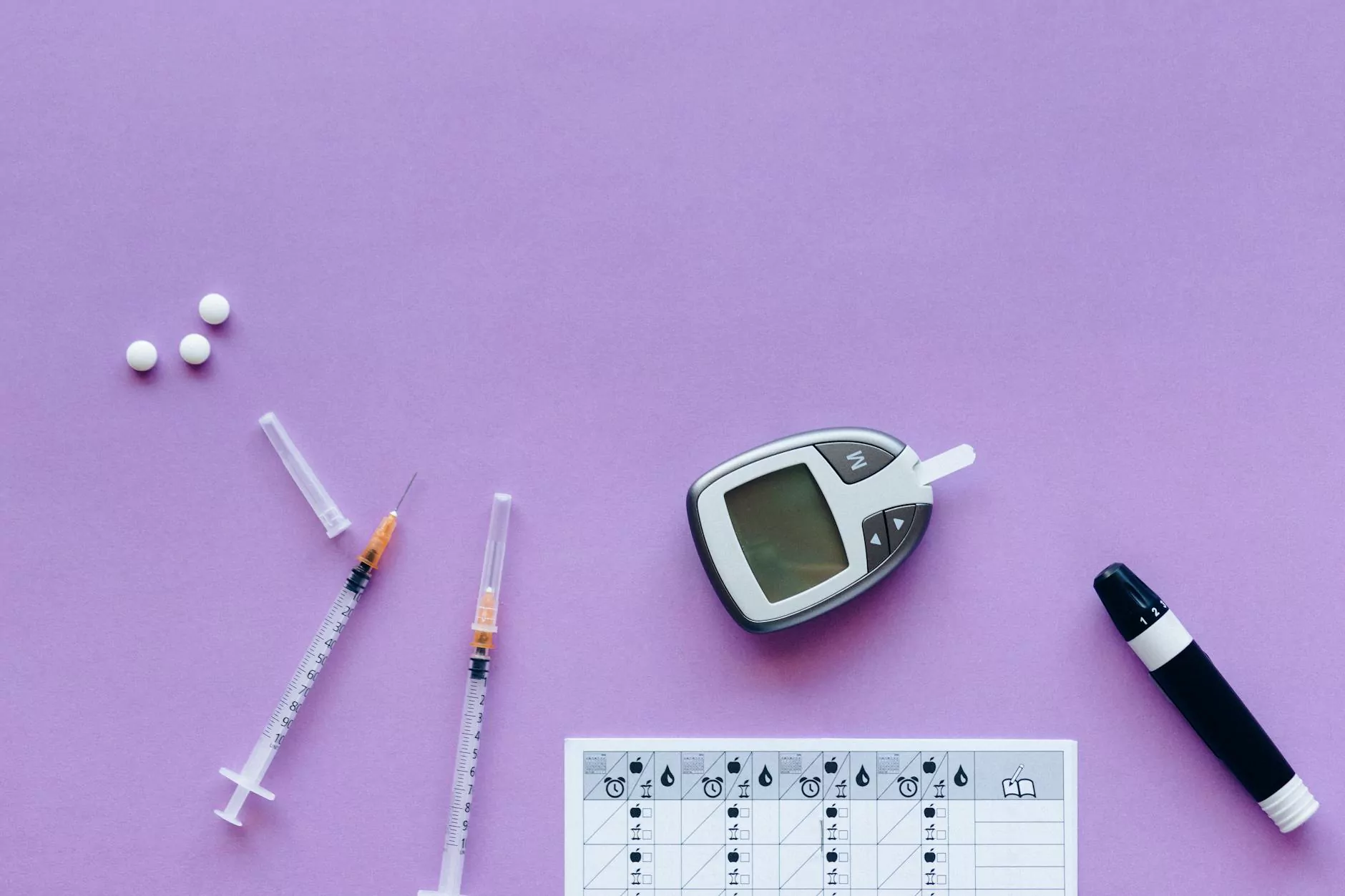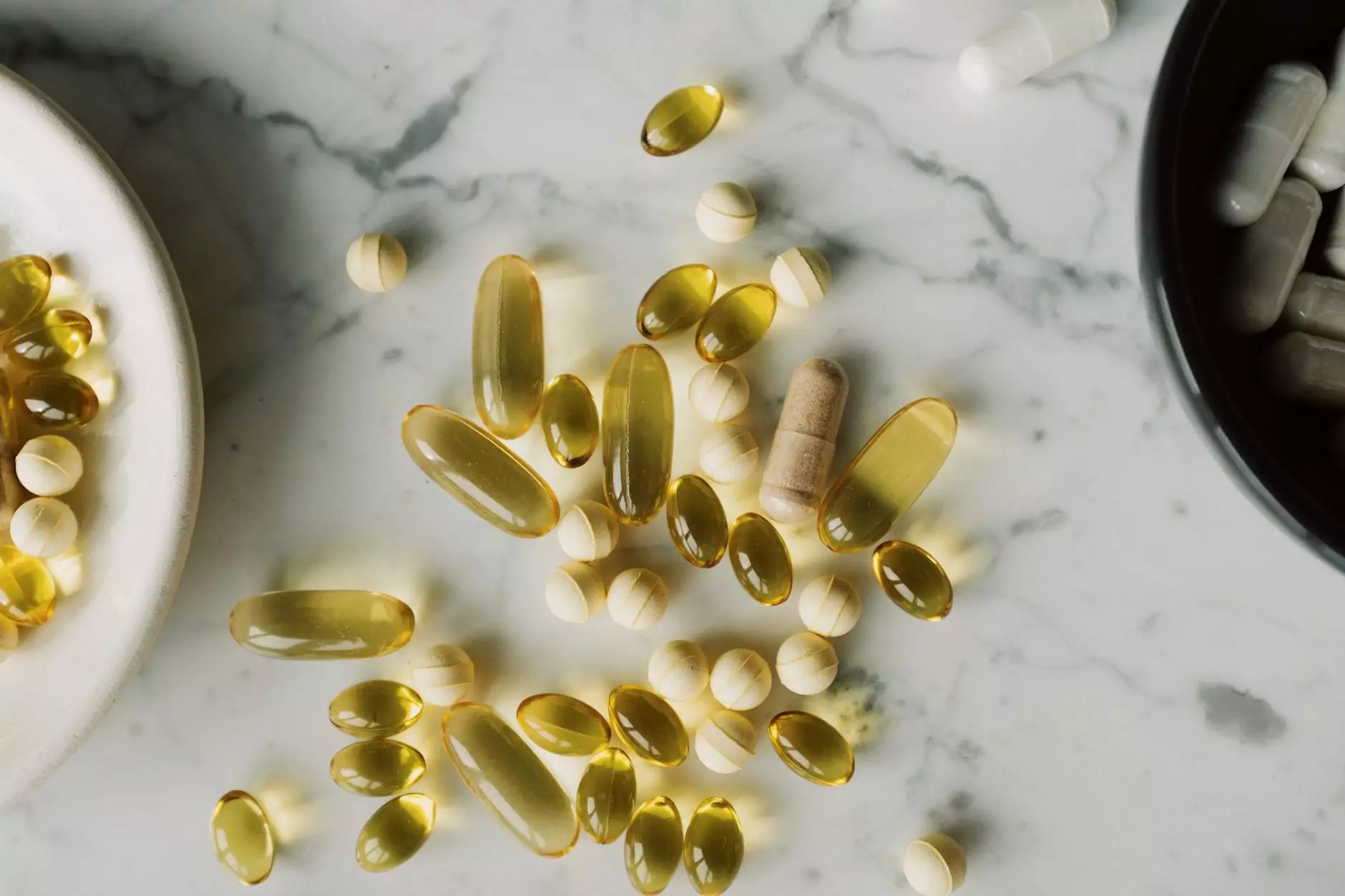Are Vitamins Useless in the Fight Against Low T?
Health
Welcome to CHI St. Luke's Health - Performance Medicine, your trusted partner in optimizing your health and well-being. In this comprehensive article, we will explore the common belief that vitamins are ineffective in fighting low testosterone levels. As a leading authority in the field of health, we aim to provide you with accurate information to help you make informed decisions about your health.
The Importance of Testosterone
Testosterone plays a crucial role in the overall health and functioning of the male body. It is responsible for various vital functions, including promoting muscle strength, bone density, and the production of red blood cells. Testosterone also affects mood, libido, and overall energy levels.
However, over time, testosterone levels in men naturally decrease, leading to various symptoms like fatigue, decreased muscle mass, increased body fat, and a decline in sexual desire. Many men turn to supplements and vitamins to address these symptoms, but the effectiveness of these solutions has been a topic of debate.
Understanding the Role of Vitamins
Vitamins are essential nutrients that are required by the body to function properly. They play a crucial role in maintaining optimal health and supporting various bodily processes. While vitamins alone cannot cure low testosterone, they can contribute to overall well-being and support testosterone production.
Vitamin D: Known as the sunshine vitamin, adequate levels of Vitamin D are essential for testosterone production. Studies have shown a strong correlation between Vitamin D deficiency and low testosterone levels. Increasing Vitamin D intake through healthy sun exposure and supplementation may help optimize testosterone levels.
Vitamin B6: This vitamin is involved in testosterone production and has been found to positively impact testosterone levels. A diet rich in Vitamin B6 can support testosterone synthesis, potentially enhancing hormone levels.
Vitamin K2: Emerging research suggests that Vitamin K2 may have a positive effect on testosterone production. It works by promoting the activity of enzymes involved in testosterone synthesis. Including foods rich in Vitamin K2, such as leafy greens and fermented foods, can be beneficial.
Optimizing Testosterone Naturally
While vitamins can provide support, it is crucial to adopt a holistic approach to optimizing testosterone levels. At CHI St. Luke's Health - Performance Medicine, our team of experts believes in addressing the root cause of low testosterone to provide sustainable results.
Diet: A nutrient-rich diet is essential for overall health, including testosterone production. Include foods that are high in zinc, magnesium, and healthy fats, as they have been linked to testosterone production. Avoid processed foods and excessive sugar consumption, which can negatively impact hormone levels.
Exercise: Regular physical activity is known to support testosterone production. Engaging in strength training and high-intensity interval training (HIIT) exercises can boost testosterone levels. Our experienced trainers can design a tailored exercise program to maximize your hormone optimization.
Lifestyle Modifications: Stress management, quality sleep, and maintaining a healthy weight are all crucial factors in optimizing testosterone levels. Chronic stress, lack of sleep, and obesity have been linked to reduced testosterone production. Our comprehensive approach includes guidance on stress reduction techniques, sleep hygiene, and weight management strategies.
The Role of Medical Intervention
In addition to lifestyle modifications, medical intervention may be necessary for individuals with significantly low testosterone levels. At CHI St. Luke's Health - Performance Medicine, we offer a range of innovative treatments to address hormonal imbalances. Our expert physicians will assess your specific needs and recommend personalized treatment options such as hormone replacement therapy (HRT) if necessary.
It is important to understand that the use of vitamins alone may not provide a significant impact on low testosterone levels. However, incorporating them into a comprehensive treatment plan, along with other lifestyle modifications and medical intervention, can contribute to overall hormone optimization.
Trust CHI St. Luke's Health - Performance Medicine for Optimal Health
When it comes to addressing low testosterone levels and improving overall health, CHI St. Luke's Health - Performance Medicine stands at the forefront of excellence. Our team of highly skilled medical professionals is dedicated to providing personalized care and effective solutions.
Contact us today to schedule a consultation and discover how we can help you optimize your testosterone levels and achieve your health goals. Take the first step towards a healthier, more vibrant life with CHI St. Luke's Health - Performance Medicine.










